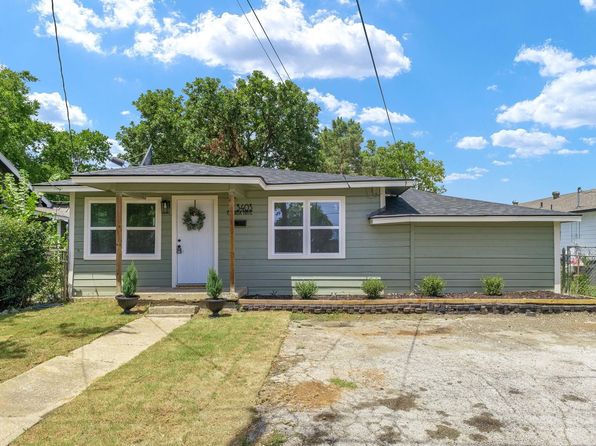Buying your first home is a huge milestone!
It’s exciting, nerve-wracking, and packed with important decisions. But guess what? You’ve got this! With a clear plan and a bit of preparation, you’ll be turning the key to your dream home in no time. Let’s dive into the steps to help you navigate this journey with confidence and joy. 🌟
💰 Step 1: Save for a Down Payment: The first step in buying a house is saving up for a down payment. This is the initial chunk of money you’ll pay upfront, and it’s a big factor in securing a mortgage. While a 20% down payment is ideal (since it helps you avoid extra fees like private mortgage insurance), it’s not mandatory. Many loan programs allow for much lower down payments, sometimes even 0% if you qualify for VA or USDA loans.
If saving feels like a challenge, don’t worry! Look into government programs like HUD homes, which often come with lower down payment requirements and below-market prices. A little research can go a long way in making your dream of homeownership more affordable.
📈 Step 2: Check Your Credit Score: Your credit score is like your home-buying report card. Lenders use it to assess whether you’re a reliable borrower. The better your score, the more likely you are to get approved for a mortgage with a low interest rate.
Start by checking your credit report for errors or overdue payments. If your score isn’t where you want it to be, focus on paying down high-interest debts and avoiding late payments. Even small improvements can make a big difference when you’re applying for a loan!
✅ Step 3: Get Pre-Approved: Before you start house hunting, get pre-approved for a mortgage. Pre-approval shows sellers you’re serious and gives you a clear picture of your budget. During this process, lenders will review your financial background, including your income, debts, and assets.
This step can feel overwhelming, but it’s worth the effort! Once pre-approved, you’ll know exactly how much you can afford, which makes the home search much easier. Plus, it shows sellers you’re ready to buy, giving you a competitive edge in the market.
🏡 Step 4: Find a Real Estate Agent: Navigating the home-buying process on your own can be tricky, especially as a first-time buyer. That’s where a real estate agent comes in! A buyer’s agent will guide you through every step, from finding homes that match your criteria to negotiating the best deal.
When choosing an agent, look for someone experienced and knowledgeable about your local market. They’ll be your biggest ally, helping you avoid pitfalls and ensuring you get the best value for your money.
🛋 Step 5: Go House Shopping: This is the most exciting part of the process—shopping for your future home! Start by making a list of your must-haves (like a spacious kitchen, a backyard, or a specific school district) and nice-to-haves. This will help you narrow down your options.
When touring homes, don’t be afraid to ask questions. Pay attention to details like the condition of the roof, plumbing, and appliances. And remember, no house is perfect, so focus on the big picture—can you see yourself living there?
✍ Step 6: Make an Offer: When you find “the one,” it’s time to make an offer! Your agent will help you decide on a competitive price and handle the negotiations. You’ll also provide “earnest money,” a deposit that shows you’re serious about buying.
Offers can be nerve-wracking, but this is where having a great agent pays off. They’ll guide you through the process and help you craft an offer that’s hard for the seller to resist.
🔍 Step 7: Get a Home Inspection: Before finalizing the deal, hire a home inspector to check for any hidden issues. This includes things like structural problems, mold, or faulty wiring. While some issues can be deal-breakers, most are fixable, and your inspector will help you understand the costs involved.
A home inspection is your opportunity to make sure you’re making a sound investment. If major issues are uncovered, you can negotiate repairs or even back out of the deal if necessary.
📊 Step 8: Get a Home Appraisal: Your lender will require a home appraisal to ensure the property’s value matches the purchase price. This step protects you from overpaying and helps the lender confirm their investment is secure. Appraisals are similar to inspections but focus on the property’s market value rather than its condition. If the appraisal comes back lower than expected, you may need to renegotiate with the seller or adjust your financing.
🖊 Step 9: Closing Day: Closing day is the grand finale! This is when you’ll sign all the paperwork, pay closing costs, and officially take ownership of your new home. Closing costs typically range from 2% to 7% of the home price and include fees for things like the loan application, title search, and home insurance.
Once everything is signed and sealed, you’ll receive the keys to your new home. Congratulations—you’re officially a homeowner! 🎉
🏠 Step 10: Move In: The hard work is over, and now it’s time to enjoy the rewards. Unpack, decorate, and start making memories in your new space. Owning a home is a big achievement, so take a moment to celebrate this milestone. 🥂
Contact – House Offer 365 today for a fair cash offer on your property!
#FirstTimeHomebuyer #DreamHomeJourney #HomeSweetHome #RealEstateTips #NewHomeGoals

